PHC is an acronym floating around the cannabis product space that may or may not describe a real cannabis compound. Its full name and origins are challenging to decipher, and health-conscious weed vapers should take caution when considering whether to use it.
The bottom line is that different manufacturers and retailers use the name PHC to describe different things—and that should be a warning sign. In fact, the waters around PHC are so muddy you can hardly see past the unlikely claims made by some retailers.
Some products sold as PHC probably pose safety and legal issues. A few may contain federally illegal artificial cannabinoids.
Although the names are similar, this substance isn’t associated with THCP, which is commonly touted as one of the strongest hemp-derived cannabinoids available. PHC is more closely related to THC-O. They could even be one and the same, depending on who you’re buying from. Other brands are selling a blend containing mostly delta 8 THC—or even a non-intoxicating hydrogenated form of CBD.
What is PHC?
The PHC cannabinoid has been linked by sellers and news sites to a number of often unconnected substances, including H4CBD and 4-hydroxy-THC. It’s unlikely that a highly intoxicating iteration of PHC contains either of these compounds.
H4CBD, or H4-CBD, is a hydrogenated form of non-intoxicating CBD, which some deceptive sellers have conflated with HHC (hydrogenated THC), which is unrelated. H4CBD was first synthesized in 1940.
Ties between PHC and 4-hydroxy-THC could be even more distant, since 4-hydroxy-THC isn’t a cannabinoid at all. Rather, it’s a trace metabolite of THC and an isomer of 11-hydroxy-THC, THC’s primary active metabolite.
There’s a strong chance that manufacturers are using these compounds in their PHC products—if you’re lucky. Regardless, neither possesses the mind-blowing qualities described in some articles about PHC. Hydrogenated CBD has few to no intoxicating effects.
No existing research seems to explain all the product claims for PHC. When all is said and done, PHC is likely an alter ego thrust upon a handful of substances: H4CBD, THC-O, 4-hydroxy-THC, and even exo-THC. We can’t find evidence of PHC being a unique, naturally isolated cannabinoid.
Although most PHC variants lack an acetate group, others may simply be THC-O in disguise. Also known as THC acetate ester or THC-O-acetate, THC-O is an artificial cannabinoid and therefore federally illegal. It isn’t found naturally in hemp and is considered by federal authorities to be a Schedule I controlled substance.
Does PHC get you high?
Products labeled PHC may get you high, but it isn’t actual PHC that produces the effects. More likely, they contain a cannabinoid stew with delta 8 THC or HHC pulling most of the weight. Check the manufacturer’s certificate of analysis (COA) to see what’s really in your PHC product.
One of the most consistent claims about PHC is that it converts into delta 9 THC after entering the body.
Conversion of an inactive cannabinoid into delta 9 THC does happen—with THCA. The direct precursor of delta 9 THC, THCA becomes when exposed to heat, UV rays, or age, which strip away an acidic carboxyl group and create THC.
But that happens before ingestion—not in the body. If consumed in its raw form, THCA metabolizes into the metabolites 11-nor-9-carboxy-THCA and 11-OH-THCA, not intoxicating THC. THCA doesn’t go from non-intoxicating to intoxicating after you consume it.
While chemical conversion by natural forces (as with THCA>THC) is typical, that’s not what’s being claimed about PHC. In fact, the marketing claims describe something very much like THC-O, which acts as a prodrug. THC-O is inactive until metabolized by the body, when it converts into a more bioavailable form around thirty minutes after consumption.
We couldn’t find any evidence outright disproving this claim about PHC, but there’s also nothing to verify it. The cannabinoids usually associated with the PHC moniker don’t have this effect, either. No articles promoting PHC cite references for their claims. If a PHC product has an extremely delayed reaction like THC-O does, you may very well be consuming THC-O.
PHC vapes and edibles may very well get you high. It depends on their actual contents, not how they’re marketed to consumers. Yet another reason to always check the COA.
What are the effects of PHC?
Again, the effects of a PHC product rely on the cannabinoids it truly contains. You probably aren’t consuming the mystical “PHC” that transforms into delta 9 within the body.
From our search, we came across PHC products featuring a blend of delta 8 THC and THC-O, as well as one that contains almost exclusively delta 8 distillate. Both of these cannabinoids are intoxicating. Other products don’t appear to provide lab results, so we were unable to confirm their contents.
Interestingly, while “PHC” is listed on at least one brand’s COA documents, the measurement appears to be referencing (non-intoxicating) H4CBD.
PHC is more a concept than a cannabinoid, so we can’t provide a list of its effects. As for the effects of the substances often included in “PHC” products, H4CBD has increased CB1 affinity over CBD and might help reduce inflammation. The potential effects of the 4-hydroxy-THC metabolite are unclear, while some THC-O users report a mild psychedelic experience (not all of them, though).
Before jumping on PHC products as a new way to get high, refer to the content questions discussed above, and the safety concerns we’re detailing below.
Is PHC safe?
If PHC actually exists, we have no idea if the cannabinoid is safe. The same can be said about other understudied newcomers. Whether PHC products are safe is another matter entirely.
From what we’ve seen, the answer appears to be a resounding “it depends.” Certain PHC vapes contain THC-O, which may degrade into ketene gas when heated. This lung toxicant can do lasting damage to your respiratory system. Ketene is also a known byproduct of vitamin E acetate, a substance that was used to dilute black market THC oil and spawned an outbreak of serious lung injuries in 2019 that hospitalized thousands.
It’s simple: don’t vape or smoke acetates of any kind. THC-O is illegal, yes, but it also might kill you if you vape or smoke it.
If a PHC product is third-party safety tested and contains delta 8 THC distillate, it’s probably not dangerous (unless it also contains a dangerous substance). Misleadingly labeled delta 8 products aren’t the worst outcome of an unregulated industry. We have no reason to believe that H4CBD is unsafe to ingest, either.
If a “PHC” product doesn’t come with a COA, don’t buy it. If the COA shows substances you’re not familiar with, don’t buy it.
Will PHC show up on a drug test?
Don’t consume PHC products before taking a drug test. You should be wary of them in general, of course, but all intoxicating hemp products should be avoided before a screening. Even staples like delta 8 or delta 10 THC are out of the question.
THC metabolizes into inactive THC-COOH after it’s processed by the liver. Drug screenings target this telltale metabolite, which is housed in fat cells, to confirm recent cannabis use. As a rule, assume that any intoxicating THC analog becomes THC-COOH.
CBD and H4CBD wouldn’t cause a failure on their own. That said, legal hemp products can contain trace amounts of delta 9 THC (under 0.3% by dry weight), delta 8 THC, or other intoxicating variations. Even minuscule amounts of a cannabinoid can accumulate over time. Full-spectrum CBD products put you at the greatest risk of problems.
Is PHC legal and where is it sold?
Currently a niche product, PHC is flying under the legal radar for now, but that could change. For now, all we can do is wait and see if the “PHC” trend catches the eyes of lawmakers.
First, if a “PHC” product contains THC-O, it’s already illegal in the United States. Synthetic or artificial cannabinoids like THC-O aren’t protected by the 2018 Farm Bill.
In order to receive the law’s seal of approval, a compound must occur naturally in cannabis. Semi-synthetically manufactured cannabinoids like delta 8 THC and HHC meet this threshold. Their commercial forms are synthesized from CBD extract, but the raw cannabinoids can be found in weed. That’s not true of THC-O.
PHC products are mostly cannabinoid stews. While they may have “PHC” in big letters on the front of the package, the COA probably shows a mix of alternative cannabinoids, often with one dominant one, like delta 8.
A few online sellers have jumped on the PHC train, but not all are safe or trustworthy. Review each product’s COA carefully and only buy from trusted retailers with transparent safety testing. If you stumble across a PHC vape containing THC-O, do your lungs a big favor and steer clear.
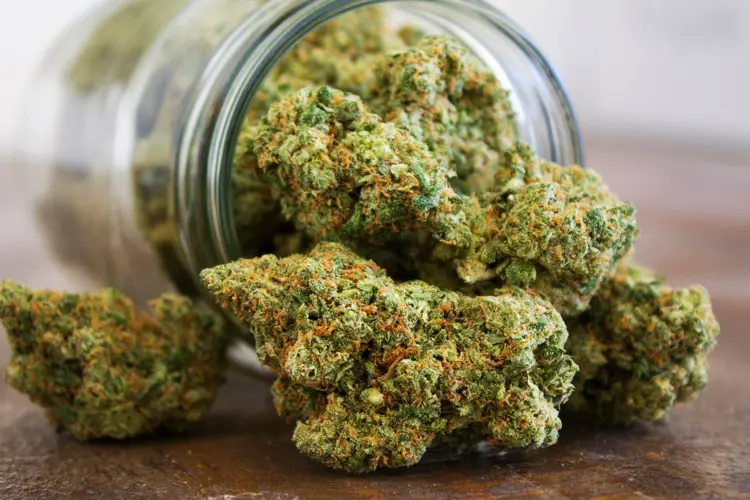
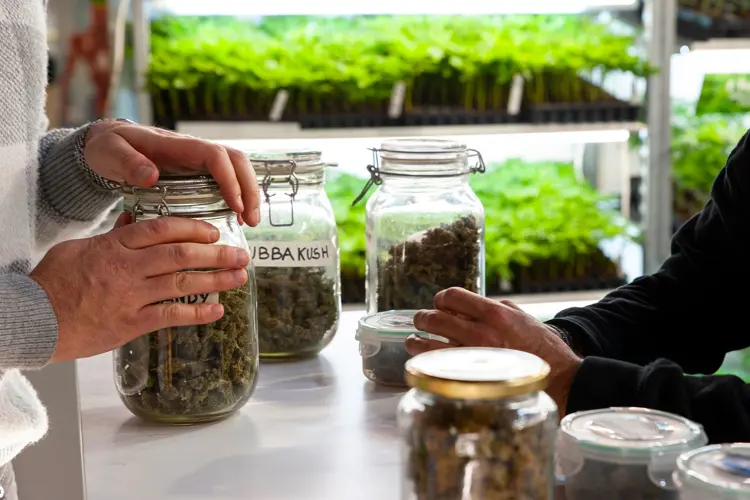

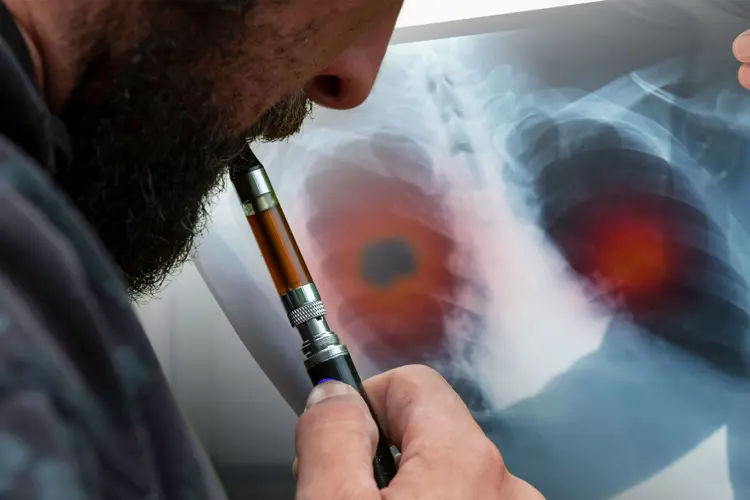
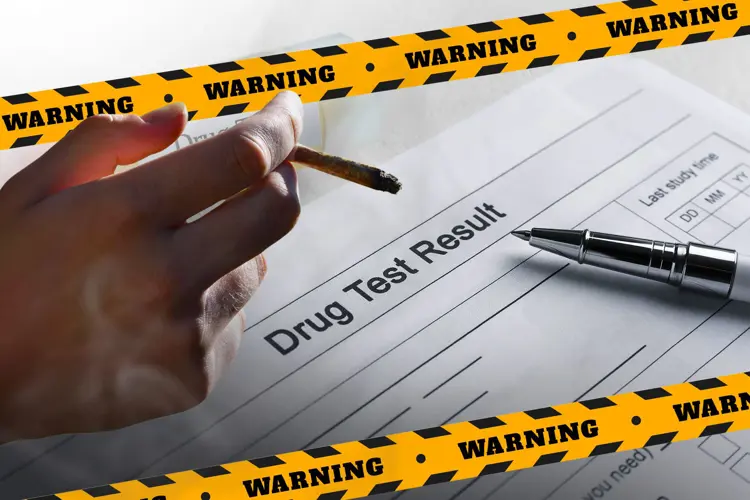

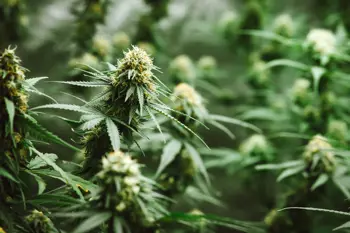
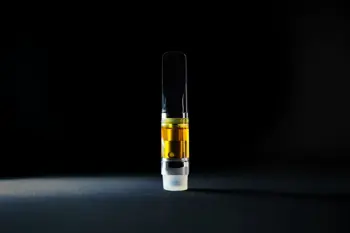
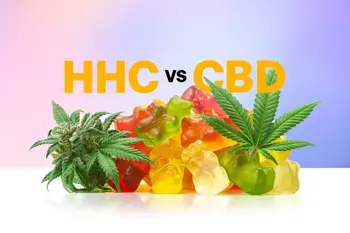
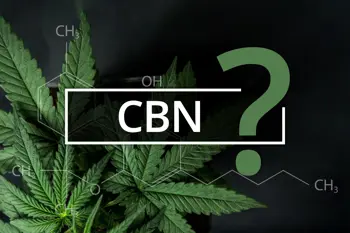
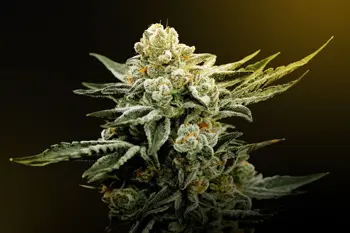
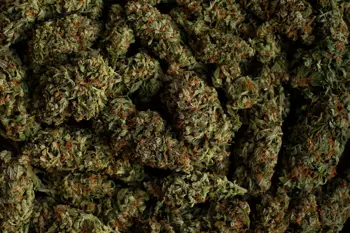
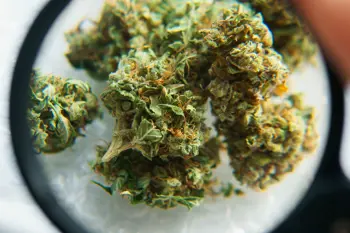
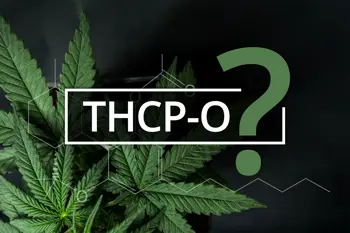
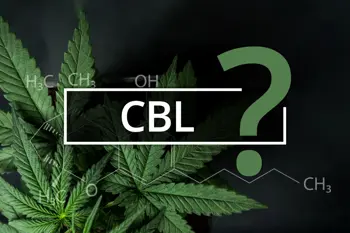
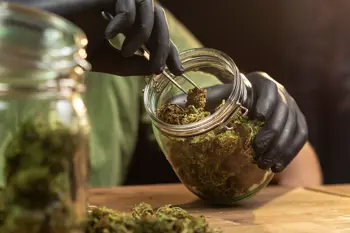
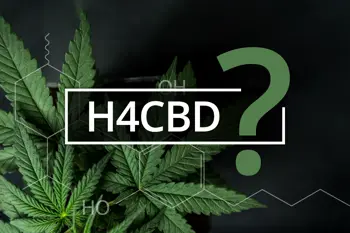
![Image for What Is THC-JD? Legality, Effects, Potency Explored [Update]](https://media.vaping360.com/images/what-is-thc-jd-thumbnail-20a40b517a.webp?imageType=Small)






